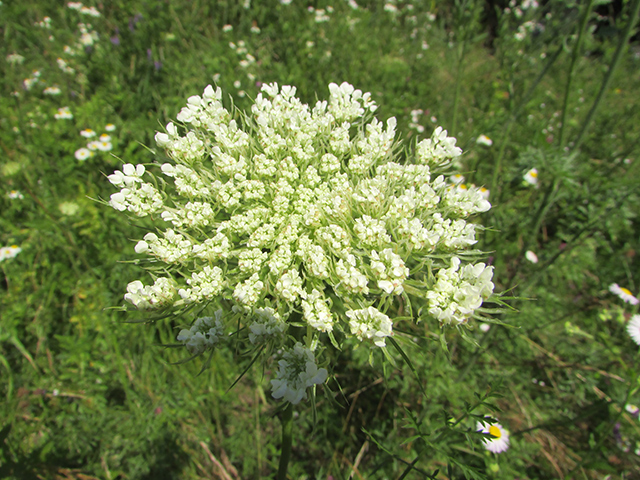
Cauliflower is an example of a vegetable that kids tend to avoid, but it is an incredibly nutritious and versatile vegetable that can support overall health -- for kids and adults. Here's what you need to know about cauliflower and its health benefits.
A "flower" like no other
Cauliflower (Brassica oleracea) is a cruciferous vegetable from the Brassicaceae family, which includes other vegetables like collard greens, Brussels sprouts, cabbages, and broccoli. This puffy vegetable got its name from the Italian term "cavoli fiori," which means "flowered cabbage." Cauliflowers are usually white in color, but they also come in flavonoid-rich colors like green, purple, and orange.
This vegetable has a distinctly mild taste, which leads to some individuals saying that it "tastes like nothing" when eaten on its own. But a little creativity can turn this "bland" vegetable into the main course or even a tasty snack.
Adding cauliflower to your diet is a great way to improve your overall daily nutrient intake. (Related: Cauliflower's range of nutritional benefits are numerous and long-lasting.)
Rich in nutrients, vitamins, and minerals
Cauliflower is a rich source of essential vitamins and minerals while being very low in saturated fat and cholesterol. Just one cup (100 g) of this vegetable can satisfy 77 percent of the recommended dietary intake (RDI) of vitamin C and 20 percent of the RDI of vitamin K. Other nutrients found in cauliflower include:
- Folic acid
- Iron
- Magnesium
- Manganese
- Pantothenic acid
- Phosphorus
- Potassium
- Vitamin B6
This vegetable is also a good source of protein and omega-3 fatty acids. The combination of nutrients found in cauliflower makes it deserving of the superfood status.
Low in carbohydrates
Foods like pasta and bread are high in carbohydrates, which can affect your blood sugar levels in the short-term. However, continuous consumption of high-carb foods can eventually lead to weight gain. Low-carb diets, like the ketogenic diet, are all the rage right now because of their ability to help in weight loss. Fortunately, a cup of cauliflower contains less than 6 g of total carbohydrates – significantly less than the 36.7 g found in a cup of white rice.
Rich in fiber
Cauliflower is rich in dietary fiber, which helps keep your digestive system in tip-top shape. Studies have shown that a diet consisting of fiber-rich vegetables such as cauliflower can help reduce the risk of several health conditions, including cardiovascular disease and obesity.
Reduces cancer risk
Cauliflower is a good source of potent antioxidants that help protect the body from oxidative stress, which is a key contributor to cancer. According to the National Cancer Institute, cruciferous vegetables like cauliflower contain glucosinolates, which are sulfur-containing compounds that can protect DNA from damage and promote cellular health.
Protects against heart disease
Consuming cauliflower regularly can improve blood circulation and help maintain the proper functioning of blood vessels, which can be attributed to glucoraphanin, a type of glucosinolate that can activate anti-inflammatory activities in the body. The folic acid and vitamin B6 found in cauliflower also help regulate a compound called homocysteine, which is associated with arterial wall damage and deteriorating cardiovascular health when found at high levels.
Protects against neural tube defects
Pregnant women can benefit from consuming cruciferous vegetables like cauliflower because their folate content can help reduce the risk of neural tube defects in developing fetuses.
The nutritional benefits provided by cauliflower make it a great superfood to add to anyone's diet. Check out Superfood.news for more reasons to eat cauliflower and other cruciferous vegetables.
Sources include:
NutritionAustralia.org [PDF]
Please contact us for more information.























